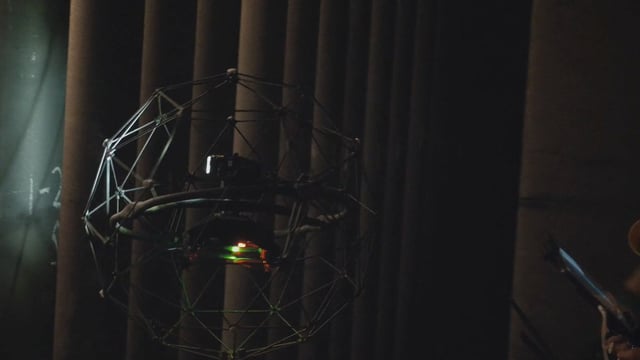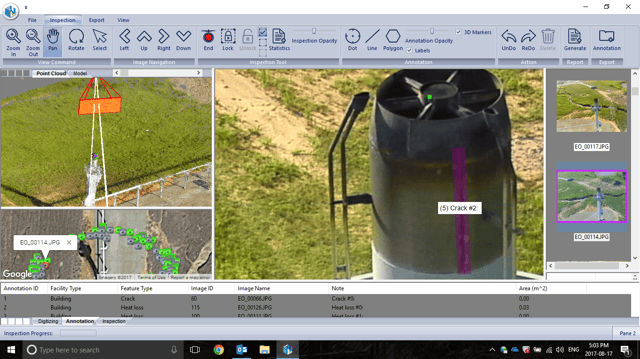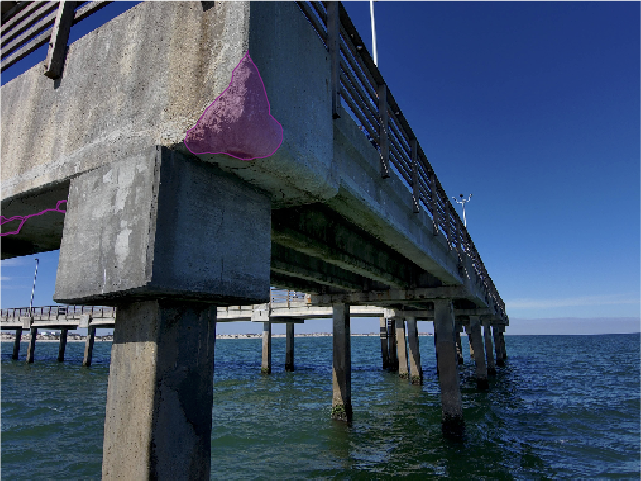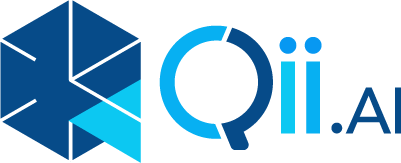Industrial and commercial use of inspection drones is growing dramatically. The best thing is that increasing number of government authorities around the world have adopted or in the process of adopting rules and regulations to facilitate the industrial use of drones thus acknowledging the utility of this innovative inspection technique.

There have been continuous improvements in the drone hardware, most importantly the following:
- RTK GPS: Improved accuracy is obtained with Real Time Kinematic satellite navigation system which works in conjunction with GPS (Global Position System) for determining the position data – up to centimeter level accuracy.
- Sensors like multi-spectral and thermal cameras: Inspection Drones fitted with visual cameras and IR cameras can help in safely acquiring data pertaining to inspections and surveys. It is well-known that when every other method fails, thermal imaging can still spot the problem. Similarly, state-of-the-art inspection drones are installed with camera and sensors capable of 180 degree vertical movement. This capability ensures field of view which is completely unobstructed throughout the 180 degree vertical range of camera or sensor motion – capturing clear and stabilized imagery ahead, under or above the inspection drone.
- Sense and Avoid (S&A) system: The S&A system plays a vital role in ensuring reliable and safe operations through integration of drones or UASs (Unmanned Aircraft Systems) into the National Airspace System.
For drones to be used in inspection of Oil & Gas assets, power plants or petrochemical plants, the above stated features of inspection drones are just the basics.
Real strength of high-tech inspection drones comes to life when these drones are supported by data processing and Artificial Intelligence software that scrutinizes the data and brings to focus the most relevant and critical data. Such powerful software that works in background, continuously processing the data captured by inspection drone, provides the true utility in terms of the value of money spent for inspections and the time saving achieved – pinpointing the defects or anomalies for the attention of the inspector and the asset operator.
Major portions of oil & gas assets and petrochemical plants consist of line pipe, fittings, valves, piping, tanks, filter separators, heat exchangers, distillation towers, flare stacks, steel structures, electrical cabling, switchgear, instrumentation etc. Just as a word of caution, the drone inspection team which is called for inspection should be conversant with guidelines provided by relevant publications by API, IEC, ISO, NFPA, BS, ASME, CSA, ASTM and the like.
This becomes essential when inspections are carried out under hazardous condition and mishandling of drone poses a threat of accident or damage to asset or surroundings. It is always a prudent industry practice that inspection and monitoring be done by qualified personnel.
Additionally for oil & gas assets, the products that are handled are inflammable which require adherence to Compliance Standards, Regulatory requirements and Security SOPs.It is therefore imperative that the selection of inspection partner for drone inspection of high-value energy assets should be carried out based on due diligence in the light of criteria stated in this article.

Industrial Skyworks BlueVu – Artificial Intelligence for Your Asset Inspection
Industrial Skyworks has been in the forefront of energy asset inspection with a team of qualified drone pilots. In addition to having a state-of-the-art fleet of drones, Industrial Skyworks has developed BlueVu software which interacts with and supports their inspection drones for getting the desired results – serving the requirements of periodic or reliability centered maintenance planning.
BlueVu is capable to implement machine learning through input data from drone and provides output reports in a fast and accurate manner thus providing necessary intelligence on asset integrity. The reports generated by BlueVu allow timely and informed decisions to be made regarding impending failure situation or determination of remedial priorities through maintenance planning.
BlueVu easily handles the large numbers of thermal graphs and visual images, gathered during the inspection process, through its internal image optimization engine. This image optimization engine is capable of automatically and accurately organizing, analyzing and selecting the most relevant images for the attention of the inspector or asset operator.
BlueVu thus ensures faster, better and most critical insight on key aspects of the high-value energy asset requiring action.
With BlueVu working in the background, Industrial Skyworks’ inspection drones fitted with visual and IR cameras can implement:
- Risk Based Inspections (RBI) of Oil & Gas assets under the guidelines of API RP-580. Timely reporting and investigation of damage / material loss when carried out under a defined schedule. Firsthand information by supervisor / manager without the need to visit site location.
- Fitness-For-Service Analysis under API 579-1 / ASME FFS-1
- Inspections carried out for congested piping installations under API 570 – Piping Inspection Code and for storage tanks under API Std 653 – Tank Inspection, Repair, Alteration and Reconstruction
- Enhanced personnel safety by avoiding close proximity of humans to hazardous environment while providing access to inspectors for investigations. This also helps in avoiding plant shutdown requirements.
- Industrial Skyworks provide drone-based inspection, Non-destructive Examination (NDT / NDE) and data acquisition services for oil and gas assets provide invaluable information to the operational and maintenance managers responsible for reliable operation of their facilities.
Tags
Oil and Gas


.png)
